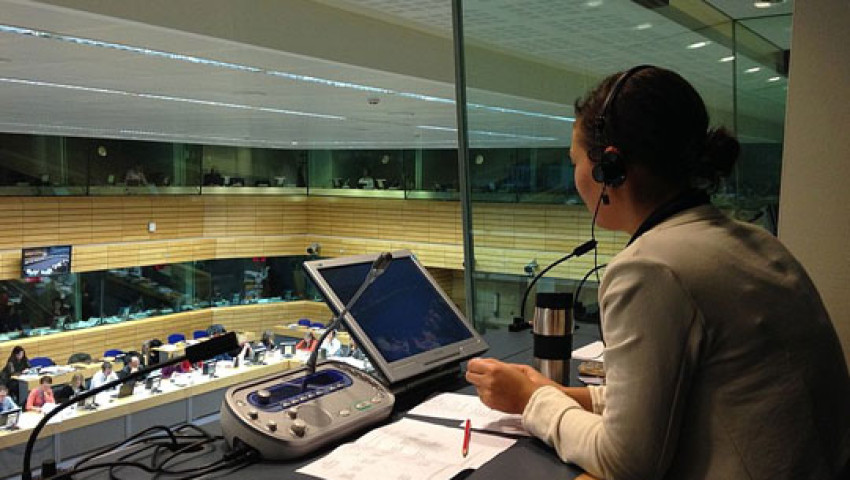
In global migration, the voices of refugees and asylum seekers are often drowned out by the complexities of administration, legal frameworks, and the challenges of translation. Translators become the unsung heroes in this narrative, tasked with the critical responsibility of conveying the stories and experiences of those seeking refuge. We will shed light on the unique challenges faced by translators when working with refugee and asylum seeker documentation, emphasizing the sensitive nature of these documents and the vital role of translation in amplifying the voices of those seeking refuge.
The Human Story in Legal Terms:
One of the primary challenges faced by translators working on refugee and asylum seeker documentation is the translation of deeply personal narratives into the often rigid and formal language of legal documents. These documents contain life stories, traumas, and fears that cannot be accurately conveyed merely through literal translation. Translators must delicately balance the need for accuracy with preserving the emotional weight and authenticity of the narratives.
Language Barriers and Dialectical Challenges:
Refugees and asylum seekers come from diverse linguistic backgrounds, often speaking languages or dialects that are less common. Finding qualified translators proficient in these languages or dialects can be a significant challenge. Additionally, variations within a language or dialect can be essential in conveying the details of the asylum seeker's experiences, making it imperative to have translators familiar not only with the language but also with its cultural intricacies.
Cultural Sensitivity and Trauma-Informed Translation:
Many refugees and asylum seekers have experienced trauma, persecution, and displacement. Translators must approach their work with utmost cultural sensitivity and a trauma-informed mindset. The challenge lies in conveying the depth of emotions and trauma while being aware of cultural nuances to avoid re-traumatizing individuals through language.
Navigating Legal Terminology and Complex Procedures:
Refugee and asylum-seeker documentation often involves complex legal terminology and procedures. Translators must not only be proficient in the language but also have a deep understanding of legal frameworks in both the origin and destination countries. Misinterpretation of legal terms can have severe consequences, affecting the outcome of asylum applications.
Ensuring Consistency Across Multiple Documents:
Refugee and asylum applications typically involve numerous documents, ranging from personal statements to supporting evidence. Maintaining consistency across these documents is important for the credibility of the application. Immigration Documentation Translation in Birmingham go through a careful line to ensure that each document reflects the same narrative while following legal requirements.
Ethical Dilemmas and Duty of Care:
Translators working on refugee and asylum seeker documentation often find themselves in ethically challenging situations. They may come across information that poses a risk to the safety of the asylum seeker or others involved. Navigating these ethical dilemmas while upholding a duty of care to all parties involved requires a delicate balance and a heightened awareness of the potential consequences.
The Role of Translation in Amplifying Voices:
Translation is not merely a technical process; it is a powerful tool that can amplify the voices of those who are oppressed and unheard. In the context of refugee and asylum seeker documentation, translation bridges the gap between languages and cultures, ensuring that the narratives of individuals seeking refuge are accurately communicated to authorities and decision-makers.
Role of Trauma-Informed Translation in Ensuring the Mental Well-Being of Asylum Seekers During the Translation Process
● Translators practicing trauma-informed translation take the time to understand the unique trauma histories of asylum seekers.
● Trauma-informed translation prioritizes creating a safe and supportive environment for asylum seekers during the translation process.
● In some cases, trauma-informed translators collaborate with mental health professionals to ensure a complete approach to the well-being of asylum seekers.
● Trauma-informed translators engage in ongoing training and supervision to enhance their skills and stay informed about best practices.





